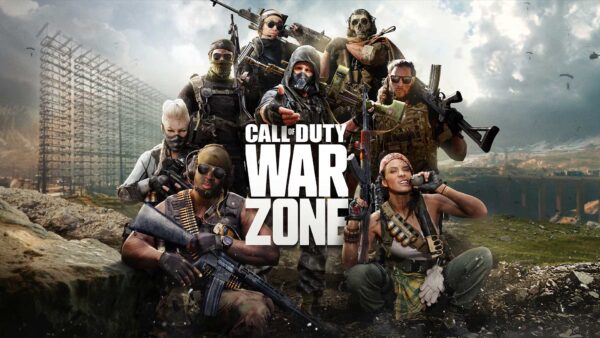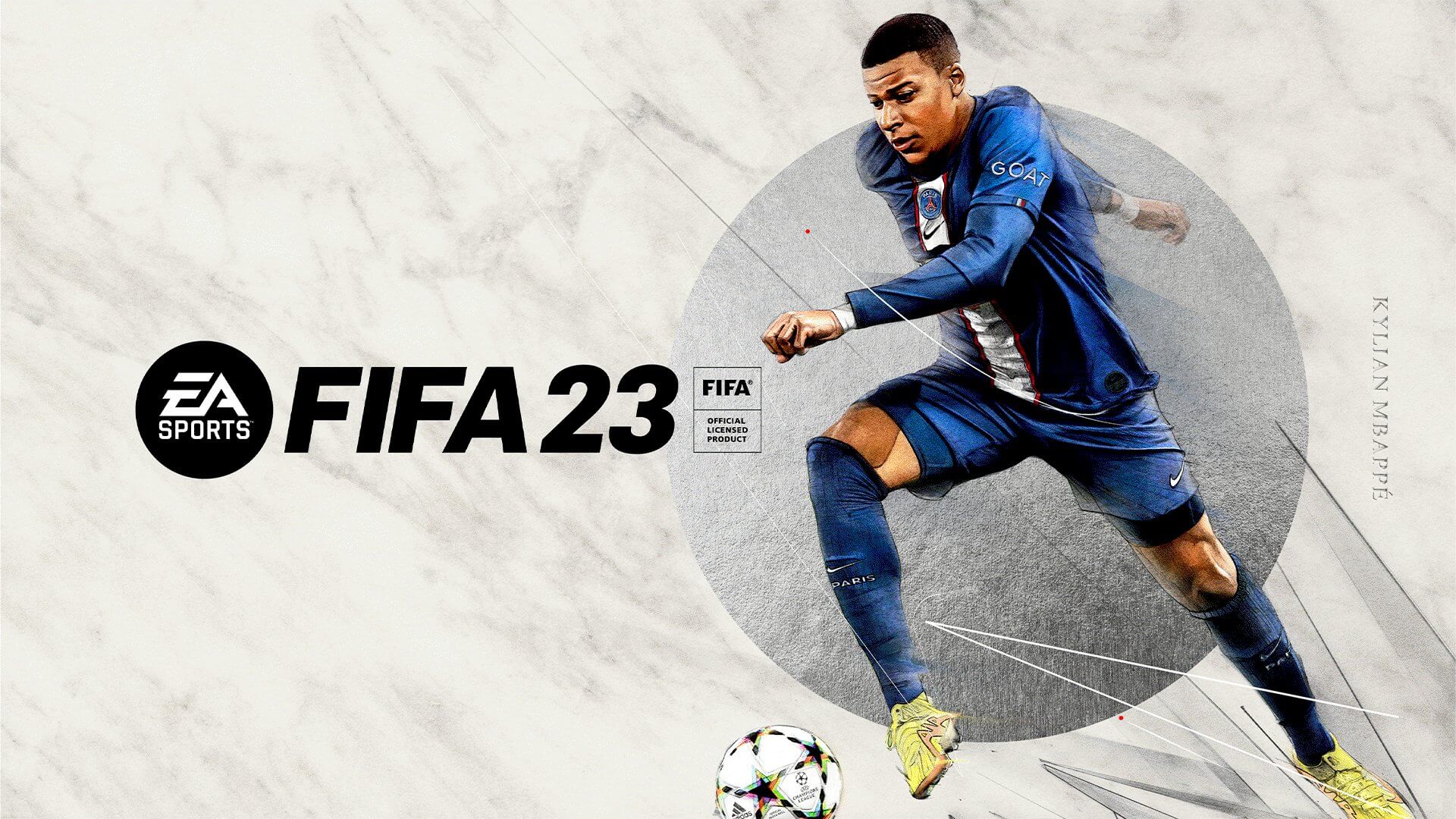Popular Now
Introduction
Call of Duty is one of the most popular first-person shooter franchises ever made, appealing to both casual and competitive players. But over the last few years, a major controversy has been stirring within the community: Skill-Based Matchmaking, commonly referred to as SBMM. This system, designed to ensure fair games by pairing players of similar skill, has become one of the most divisive mechanics in recent titles. In this article, we’ll explore the origins of SBMM in Call of Duty, how it functions, the problems it creates, and potential solutions that could restore balance to the experience.
The Origins of SBMM in Call of Duty
SBMM isn’t a new concept in gaming, but its more aggressive form became noticeable in Call of Duty: Modern Warfare (2019). While earlier titles like Black Ops II or Modern Warfare 2 (2009) focused on connection quality or regional matching, the 2019 reboot introduced a stricter skill algorithm without warning the player base.
Many fans noticed a shift in how matches felt — suddenly, every lobby seemed filled with high-skill opponents, even when players were just trying to enjoy a few casual rounds. This silent change led to confusion and frustration across the community.

How SBMM Actually Works (And Doesn’t)
Although the exact formula behind SBMM is unknown, players and data analysts believe it uses several metrics to rank skill levels:
-
Kill/death ratio (K/D)
-
Win/loss ratio
-
Accuracy
-
Score per minute
-
Recent game performance
This means that if a player performs well in just a few games, the system will quickly place them into much harder lobbies. In theory, this keeps things fair — in practice, it makes casual play feel like competitive ranked matches.
The system also changes rapidly, so you may never have consistent lobbies. You’ll go from doing well to being overwhelmed, then potentially back again depending on your recent stats.
The Casual Player Dilemma
SBMM’s biggest impact is on casual players. These are the people who log in after work or school and want to relax, not necessarily compete. But with SBMM, they find themselves in intense matches far beyond their comfort zone after just a few decent performances.
This takes away the magic of surprise success — the occasional game where a casual player performs exceptionally well. Under SBMM, those moments disappear. Every game feels like a challenge, and for many, that’s exhausting.
Streamers vs. The Algorithm
For content creators and streamers, SBMM creates another problem. Their success depends on entertaining gameplay: long killstreaks, fun highlights, and wild plays. SBMM makes it harder to create that content, since they're always matched against top-tier players.
Some resort to "reverse boosting" — intentionally playing poorly or using VPNs to get easier lobbies. While controversial, these tactics show just how desperate creators are to make content in an environment that’s grown hostile to flashy performances.
This situation creates tension between players who follow the rules and those who find loopholes, dividing the community even further.

Competitive Integrity vs. Fun
Game developers defend SBMM by saying it promotes competitive fairness. They argue that balanced matches keep players engaged. But Call of Duty isn’t a pure competitive game — it's built for both serious and casual players.
The real issue is that SBMM is applied in public, unranked lobbies. Many believe ranked playlists should be the only place where strict matchmaking exists, giving players a choice between competitive and casual environments.
Right now, players are thrown into competitive-style matches whether they want them or not.
The Data Doesn’t Lie
Websites that analyze Call of Duty’s matchmaking data, like SBMM Warzone, have revealed strange inconsistencies. While SBMM is supposed to pair players of similar skill, data often shows a wide range of skill levels in the same lobby.
Another issue is connection quality. Because the system prioritizes skill level over location or server ping, players are often placed in matches with poor connection. For a fast-paced shooter like Call of Duty, even slight lag can ruin the experience.
Emotional Fatigue and Burnout
SBMM may increase fairness, but it also increases stress. When every game feels like a battle, players feel emotionally drained. There’s no opportunity to relax or experiment with different strategies.
This removes an important part of what made Call of Duty fun: trying out silly loadouts, running non-meta weapons, or just goofing around with friends. SBMM punishes creativity and makes every match about winning — or getting crushed.
Over time, this leads to burnout. Many players end up quitting earlier than they normally would.

Why Ranked Mode Isn’t the Solution (Yet)
Many fans have asked for Ranked and Casual modes to be separated, like in Apex Legends or Overwatch. This makes sense — players who want a competitive experience can choose Ranked, while others can stay in Casual.
Unfortunately, Call of Duty has struggled to make Ranked modes truly effective. In games like Cold War or Modern Warfare II, Ranked didn’t even launch until months after release.
By then, most players had already adjusted to SBMM, and the damage to the casual player base was done.
Developer Silence and Lack of Transparency
Perhaps the most frustrating part of the SBMM debate is that developers have rarely addressed it publicly. Despite thousands of posts, feedback threads, and YouTube videos, companies like Activision and Infinity Ward remain mostly silent.
This lack of transparency leaves players guessing. No one knows how the system works exactly, or if it’s being adjusted based on feedback. The silence creates distrust, and many players feel ignored.
Even if developers don’t want to reveal every detail, some clarity about intent and direction would go a long way in rebuilding community trust.
Is There a Better Way?
There’s no perfect matchmaking system, but many players believe there are better alternatives to the current SBMM model. The key is choice and flexibility.
Some possible solutions include:
-
Separate Casual and Ranked playlists
-
Keep strict SBMM only in Ranked
-
Prioritize connection quality over skill in public lobbies
-
Add a “no SBMM” mode for practicing or experimenting
-
Show players their hidden skill rating, like MMR in other games
Ultimately, what made Call of Duty special was how much freedom it gave players — from gun choices to game modes. The matchmaking system should reflect that same philosophy.
Conclusion: A System in Need of Balance
Skill-Based Matchmaking in Call of Duty started as a way to ensure fairer games. But over time, it has created more problems than it has solved. Casual players feel punished for improving, content creators struggle to perform, and the overall enjoyment of public matches has declined.
The solution isn't to remove SBMM completely — it’s to implement it more intelligently. Call of Duty needs to balance competition with creativity, and intensity with relaxation. Most importantly, it needs to give players a choice in how they want to play.
Until then, SBMM will remain one of the most controversial — and influential — parts of the Call of Duty experience.

















